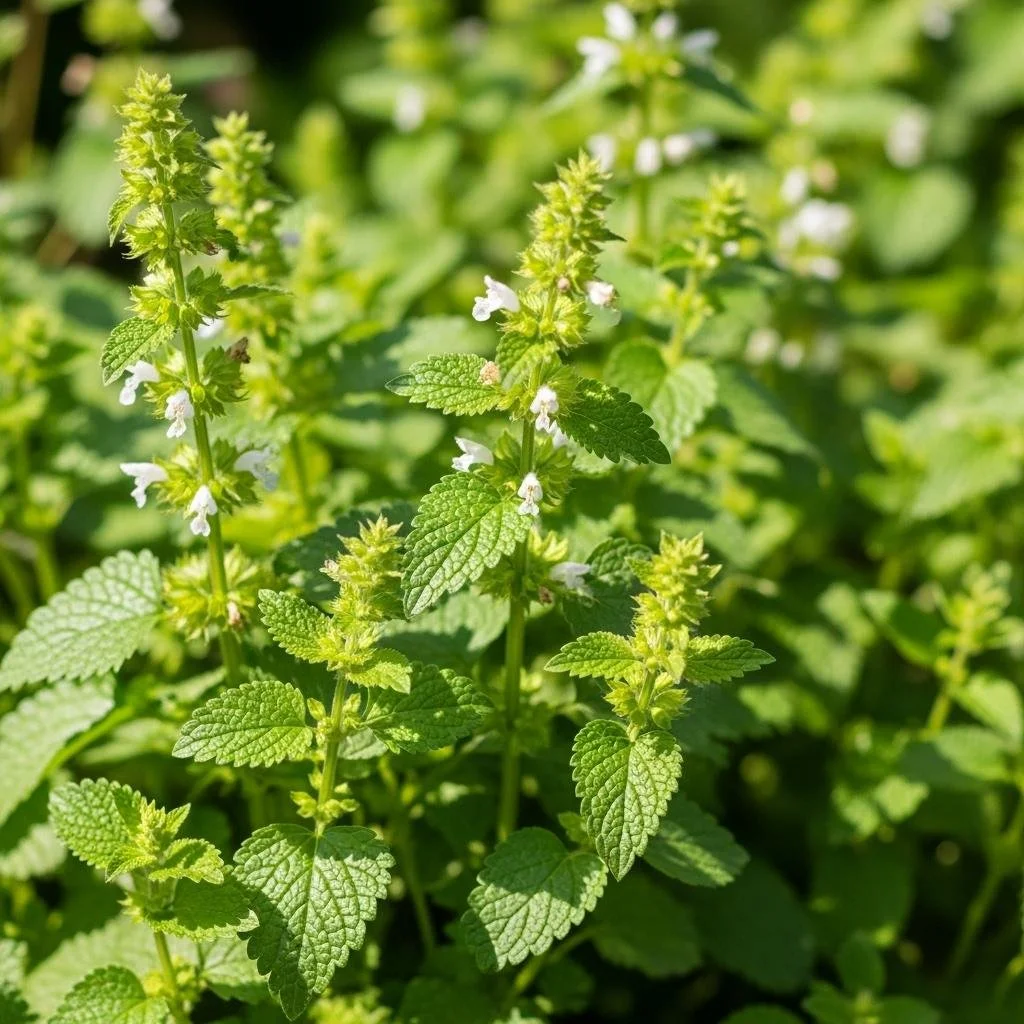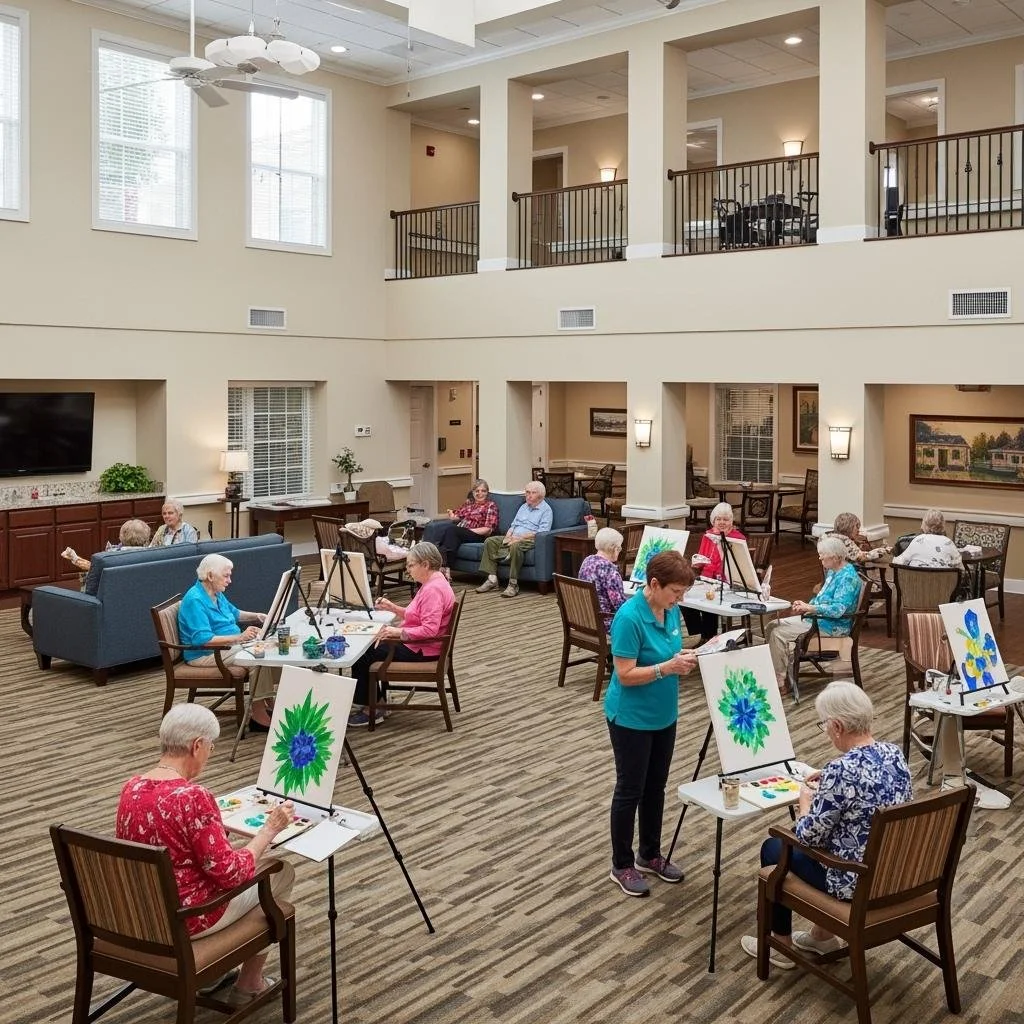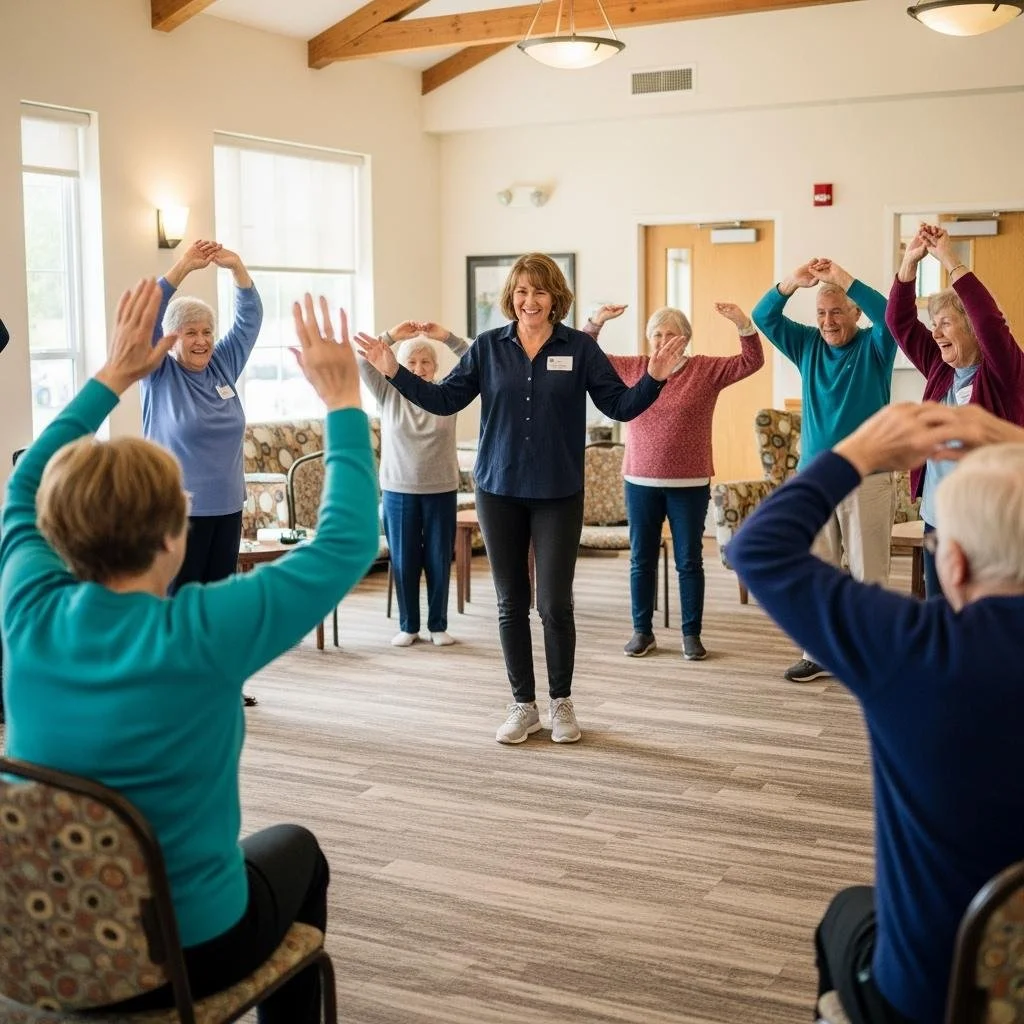The Power Of Support Systems In Overcoming Addiction
Addiction recovery is a complex journey that requires more than just individual willpower. While the decision to seek help and commit to change is a personal one, the path to sobriety is often best navigated with the support of others. Support systems, whether they consist of family, friends, or organized groups, play a crucial role in helping individuals maintain their recovery and build a fulfilling life free from addiction.
In this article, we discuss the profound power of support systems in effectively navigating the incredibly complex and often challenging journey of addiction recovery. By establishing connections with understanding individuals and fostering healthy relationships, those in recovery can significantly enhance their chances of achieving lasting wellness and personal growth.
No. 1
The Importance of Support Systems
Support systems provide the emotional, social, and sometimes even financial backing that can make all the difference in a person’s recovery journey. The value of having someone to turn to during difficult times cannot be overstated. These systems offer encouragement, help individuals stay accountable, and provide a sense of belonging, which is often lacking in those who struggle with addiction.
Family and close friends are typically the first line of support. Their understanding, patience, and encouragement can be a lifeline during the challenging phases of recovery. However, it’s important to note that not all family members or friends are equipped to offer the necessary support. In some cases, their well-meaning advice or actions may inadvertently contribute to stress or triggers. This is why professional guidance and structured support groups are also vital.
No. 2
Professional Support and Therapy
Therapists, counselors, and addiction specialists provide professional support that is grounded in evidence-based practices. These professionals help individuals identify the root causes of their addiction, develop coping strategies, and work through any underlying psychological issues. Therapy can take many forms, from cognitive-behavioral therapy (CBT) to motivational interviewing, each tailored to meet the unique needs of the individual.
In addition to one-on-one therapy, group therapy sessions offer a space for individuals to share their experiences and learn from others who are on similar paths. The sense of community found in group settings can be incredibly empowering, reducing feelings of isolation and helping individuals realize they are not alone in their struggles.
For those who are dealing with severe addiction, seeking treatment for addiction through a reputable facility can provide a structured environment where they can focus entirely on their recovery. These facilities offer a comprehensive approach that includes medical detox, therapy, and aftercare planning to ensure long-term success. Treatment for addiction is not just about stopping substance use but about transforming one's life and rebuilding it with healthy, sustainable habits.
No. 3
The Role of Peer Support Groups
Peer support groups, such as Alcoholics Anonymous (AA) or Narcotics Anonymous (NA), are another critical component of the recovery process. These groups are made up of individuals who have faced or are currently facing similar challenges, which fosters a unique understanding and camaraderie. The shared experiences within these groups create a non-judgmental space where individuals can express themselves freely and learn from others who have successfully maintained sobriety.
One of the key benefits of peer support groups is the principle of mutual aid. Members of these groups often find themselves both giving and receiving support, which can be a powerful motivator to stay committed to recovery. The accountability structure within these groups, often reinforced through sponsorship and regular meetings, helps individuals stay focused on their goals and navigate the inevitable challenges of life in recovery.
INtelligent Change
Join over 2 Million people starting every day happier with products that elevate daily life
Use code:
No. 4
Building a Sustainable Support Network
While professional support and peer groups are essential, building a sustainable support network that includes various sources of encouragement is crucial. This network should ideally be diverse, comprising not only professional counselors and peers but also healthy relationships with family members and friends who understand the challenges of addiction and recovery.
Engaging in activities that promote mental and physical well-being is also a key aspect of maintaining sobriety. For example, regular exercise, mindfulness practices, and hobbies that bring joy and fulfillment can all contribute to a balanced and healthy lifestyle. These activities not only provide a positive outlet for stress but also connect individuals with like-minded people who can become part of their broader support network.
Incorporating holistic approaches, such as those discussed on Hello Lovely Living, can further enhance one's recovery journey by addressing the mind, body, and spirit. Holistic practices such as yoga, meditation, and nutrition counseling are becoming increasingly recognized for their benefits in addiction recovery. These approaches can help individuals develop a more profound sense of self-awareness and control, which are vital for long-term sobriety.
No. 5
The Lifelong Commitment to Recovery
Recovery from addiction is not a one-time event but a lifelong commitment. It requires ongoing effort and a willingness to adapt and grow as new challenges arise. Having a strong support system in place ensures that individuals have the resources and encouragement they need to continue making positive choices and avoid relapse.
In addition to the resources mentioned, staying informed and continually seeking out new strategies for maintaining sobriety can be beneficial. Engaging with educational content, attending workshops, and staying connected with the recovery community are all ways to reinforce one's commitment to a healthy, addiction-free life.
Takeaways
While the journey to recovery is deeply personal, it is often best undertaken with the support of others. Whether through professional treatment, peer support groups, or a network of caring family and friends, having a robust support system can significantly enhance the chances of long-term success in overcoming addiction. By embracing the power of support systems, individuals can not only break free from the cycle of addiction but also build a fulfilling and meaningful life.
Looking for Wellness Resources?
Are you looking to enhance your wellness routine? Explore our wellness partners who offer a wide range of resources to support your journey toward holistic living and well-being.































